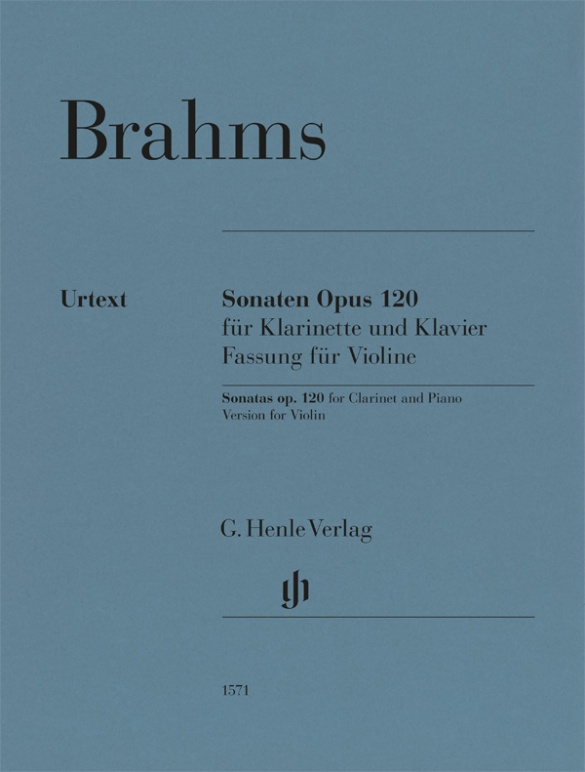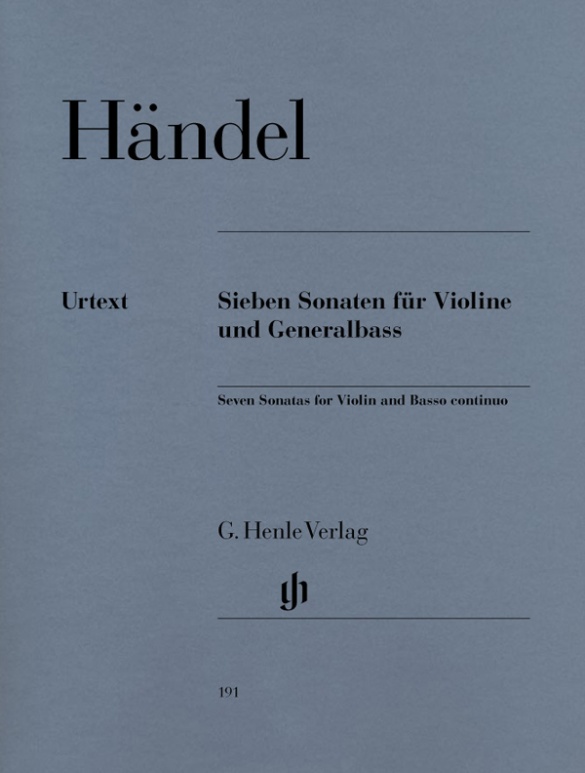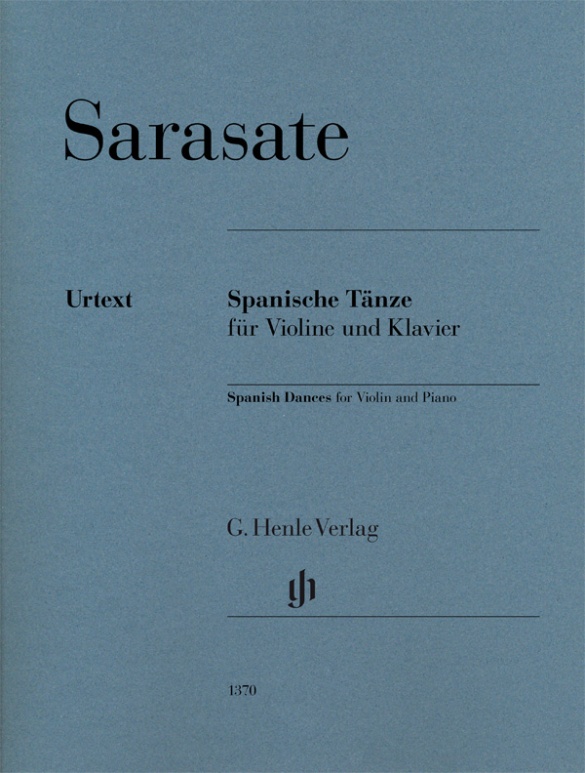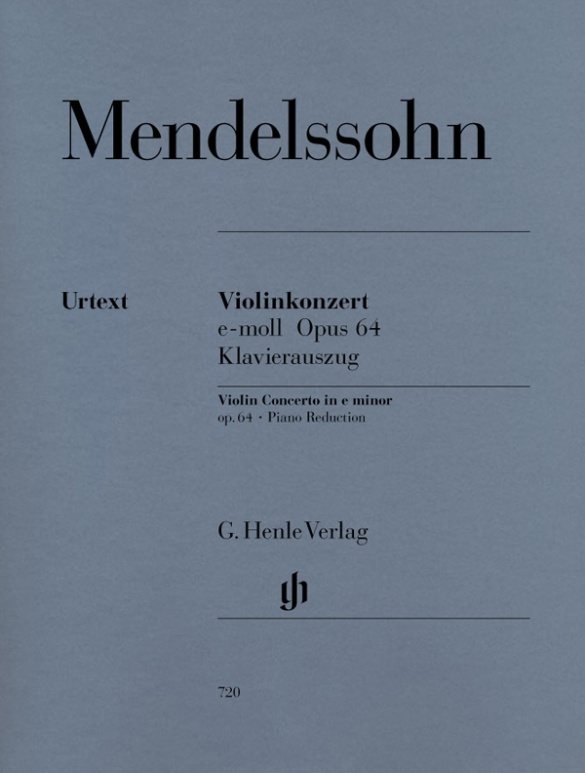

Felix Mendelssohn Bartholdy
Violin Concerto e minor op. 64
For the first time this celebrated concerto will now appear in a source-critical edition. Ullrich Scheideler depicts how the work evolved, describes its sources, and comments on the musical text. The well-known violinist Igor Ozim has marked up Mendelssohn’s approved violin part, adding fingering and bowing marks as an aid to today’s performers. He has also supplied a separate commentary showing that Mendelssohn’s autograph already contains useful suggestions for shaping the solo part. The piano reduction – a revised version of the one that accompanied the first edition – lies well under the fingers while remaining as faithful as possible to the original text.
mws-henle.cms.title-works.headline
mws-henle.cms-product-detail.composer-headline
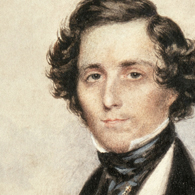
Felix Mendelssohn Bartholdy
A German composer, conductor, pianist, and organist who already numbered among the most important composers in Europe during his lifetime. While still young he found a unique tonal language. Reflected in his oeuvre, which spans all genres, are the contradictory tendencies of the age – Classicism and Romanticism. His endeavors over the course his life to perform the works of Johann Sebastian Bach led to a “rediscovery” of that composer which continues unabated. His intensive engagement with Bach and his counterpoint influenced his own compositional technique.
| 1809 | Born into a wealthy banker’s family in Hamburg on February 3. Escape to Berlin with his parents in 1811. First musical instruction from his mother. |
| 1819 | He becomes a pupil of Carl Friedrich Zelter. |
| 1820 | Joins the Sing-Akademie in Berlin. |
| 1821–23 | Twelve sinfonias for strings. |
| 1825 | String Octet in E-flat major, Op. 20. |
| 1826 | Overture to “A Midsummer Night’s Dream,” Op. 21 |
| 1827 | Begins studies at the University of Berlin. |
| 1829 | Revival of Bach’s St. Matthew Passion in Berlin on March 11 and 21. Travels to England and Scotland. |
| 1829–30 | “Reformation” Symphony in D minor, [Op. 107], with inclusion of the choral “Ein feste Burg“ (A Mighty Fortress Is Our God.) |
| 1830–32 | Extended travels, including to Italy and France. Piano Concerto in G minor, Op. 25; Overture in B minor, Op. 26, “The Hebrides, or Fingal’s Cave” (1829–30). |
| 1833 | Music director in Düsseldorf. “Italian” Symphony in A major, Op. 90 (1830–33). |
| 1835 | Director of the Gewandhaus concerts in Leipzig. |
| 1836 | Premiere in Düsseldorf of his oratorio “St. Paul: Oratorio on Words of the Holy Bible,” Op. 36. |
| 1838-44 | Violin Concerto in E minor, Op. 64. |
| 1840 | Composition of “Hymn of Praise, a Symphony-Cantata on Words of the Holy Bible,” Op. 52. |
| 1841 | Berlin, in the service of the Prussian king. “Variations sérieuses” in D minor, Op. 54, for piano. |
| 1842 | Completion of Symphony No. 3 (“Scottish”) in A minor, Op. 56, with a songlike opening. |
| 1843 | Incidental music to Shakespeare’s “A Midsummer Night’s Dream,” Op. 61. Director of the newly founded Leipzig Conservatory. |
| 1846 | Premiere of his oratorio “Elijah,” Op. 70, in Birmingham. |
| 1847 | String Quartet in F minor, [Op. 80]. Death in Leipzig on November 4. |
mws-henle.cms-product-detail.author-headline
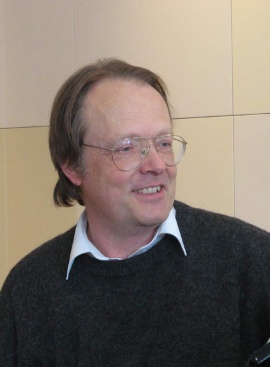
Johannes Umbreit (mws-henle.person.role.KLAVIERAUS)
Prof. Johannes Umbreit studied the piano at the Musikhochschule in Munich. From 1987 onwards he was a regular accompanist at courses given by Wolfgang Schneiderhan, Thomas Brandis, Ljerko Spiller, Igor Ozim, Olga Woitowa, Ernő Sebestyén, Walter Nothas, F. Andrejevsky, Denis Zsigmondy and Zakhar Bron amongst others. He has appeared in numerous radio and TV broadcasts and plays chamber music with members of the Bavarian State Orchestra, the Munich Philharmonic Orchestra and the Bavarian Radio Symphony Orchestra.
He is on the jury of different international competitions and has been invited to several international music festivals. Umbreit was a teacher for almost ten years at the Musikhochschule in Munich and at the same time a lecturer for chamber music and piano accompaniment at the Richard Strauss Conservatory. Since 2008 he has been a lecturer at the Hochschule für Musik und Theater München. As the long-serving managing director of the Richard-Strauss-Gesellschaft, he was made an honorary member of the board in 2009. In May 2011, the Bavarian Minister of Culture appointed Johannes Umbreit an honorary professor of the Hochschule für Musik und Theater München on the suggestion of its academic senate.
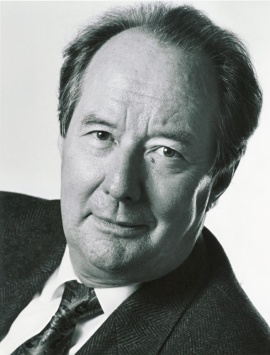
Igor Ozim (mws-henle.person.role.FING VIOL)
Prof. Igor Ozim was born in 1931 in Ljubljana, Slovenia. After completing his studies at the music conservatory there, he studied with Max Rostal in London, where he also won the Carl Flesch Competition in 1951. After winning the ARD Competition in 1953, he began a phase of intense concert activity in Europe and overseas.
His large repertoire encompasses over 60 violin concertos and numerous chamber music works. Many contemporary compositions, which he has premiered, are also dedicated to him. Ozim has performed with important international orchestras such as the Berlin Philharmonic, the London Philharmonic Orchestra, the London Symphony Orchestra, the Warsaw Philharmonic Orchestra, the BBC Orchestra as well as many radio orchestras. Igor Ozim has made many recordings of classical and contemporary works. As one of the most sought-after violin teachers in the world, he has taught at the music conservatories in Cologne and in Bern, as well as at the Mozarteum in Salzburg since 2002. Ozim has given master-classes around the world and is a jury member at many important competitions.
Product Safety Informations (GPSR)

G. Henle Verlag
Here you can find the information about the manufacturer of the product.G. Henle Verlag e.K.
Forstenrieder Allee 122
81476 München
Germany
info@henle.de
www.henle.com
推荐
autogenerated_cross_selling
本书目其他版本


